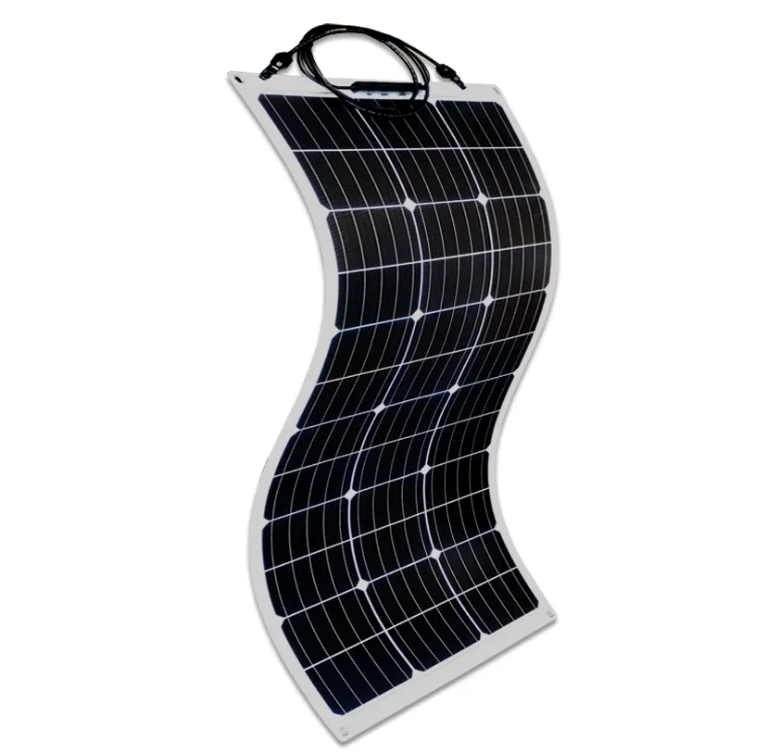
The modern era has witnessed a significant shift towards sustainable living, with an increasing number of homeowners looking for ways to reduce their carbon footprint and embrace renewable energy sources. Among the plethora of options available, solar energy stands out as one of the most accessible and efficient methods to achieve this goal. Specifically, flexible photovoltaic panels have emerged as a game-changer in the realm of residential solar energy solutions, offering unparalleled adaptability and efficiency.
Understanding Flexible Photovoltaic Panels
Flexible photovoltaic panels, as the name suggests, boast an innovative design that sets them apart from traditional rigid solar panels. Made from lightweight materials and capable of bending to fit various surfaces, these panels are not only easy to install but also aesthetically pleasing. The core technology behind flexible photovoltaic panels allows them to convert sunlight into electricity, providing a clean and sustainable source of energy for homes.
One of the most compelling reasons to consider flexible photovoltaic panels for residential use is their versatility. Unlike their rigid counterparts, these panels can be installed on a wide range of surfaces, including curved roofs and even fabric surfaces in some cases. This flexibility opens up new avenues for solar energy generation, particularly in homes where traditional panels may not be a viable option.
Despite their flexible nature, these panels do not compromise on efficiency. Advances in technology have ensured that flexible photovoltaic panels can offer comparable performance to traditional solar panels, making them an excellent choice for those looking to harness solar energy. Moreover, their lightweight design reduces the strain on structures, making them ideal for older buildings or those not designed to bear heavy loads.
Installation and Maintenance
Installing flexible photovoltaic panels is relatively straightforward, making them a popular choice for DIY enthusiasts. However, it is always recommended to consult with a professional to ensure optimal placement and connection to the home's electrical system. In terms of maintenance, these panels require minimal upkeep, mainly involving regular cleaning to keep them free from dust and debris that could hinder their performance.
When considering the initial investment required for solar energy systems, flexible photovoltaic panels offer a cost-effective solution. Their ease of installation and potential for placement on unconventional surfaces can lead to reduced installation costs. Additionally, the long-term savings on electricity bills and the potential to qualify for government incentives further enhance their appeal.
Environmental Impact
Embracing flexible photovoltaic panels for residential use is not just a financially sound decision; it's also a step towards a more sustainable future. By reducing reliance on fossil fuels and lowering greenhouse gas emissions, homeowners can contribute to the fight against climate change. The use of renewable energy sources like solar power also promotes energy independence and security.
The future looks bright for flexible photovoltaic panels as research and development continue to push the boundaries of what's possible. Innovations in materials and manufacturing processes promise even higher efficiency rates and broader applications for these versatile panels. As the world moves towards greener solutions, flexible photovoltaic panels will undoubtedly play a pivotal role in powering homes sustainably.
In conclusion, flexible photovoltaic panels offer a practical and efficient way for homeowners to tap into the power of the sun. With benefits ranging from versatility and ease of installation to environmental sustainability and cost-effectiveness, these innovative solar solutions represent a significant step forward in residential energy use. As we strive towards a more sustainable lifestyle, embracing flexible photovoltaic panels is a choice that aligns with the values of eco-conscious living.















